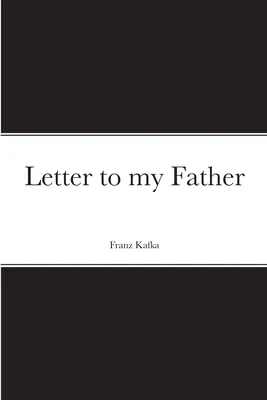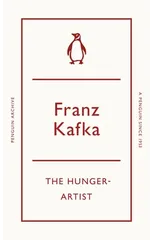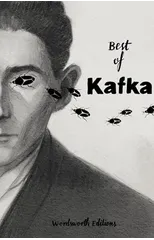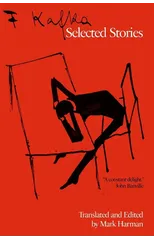This letter is the closest that Kafka came to setting down his autobiography. He was driven to write it by his father's opposition to his engagement with Julie Wohryzek. The marriage did not take place; the letter was not delivered. 'In his preface he [the translator Howard Colyer] states that he was most concerned to reproduce the raw "venting of feelings" in the letter as well as the extraordinary "momentum of the prose." In both these aims he succeeds. Unlike earlier, and fussier, versions, his translation catches the naked energy of the original.' -- New York Sun, Eric Ormsby The new edition includes the last letter Kafka wrote to his parents as he lay dying of tuberculosis near Vienna in 1924.
Franz Kafka
Franz Kafka was a Czech-born writer known for his surreal and existential works that explored themes of alienation, bureaucracy, and the human experience. His most notable works include "The Metamorphosis," "The Trial," and "The Castle." Kafka's writing style is characterized by its minimalist and precise language, as well as its dark and absurdist themes. His works have had a significant impact on the literary genre of existentialism and have been widely studied and interpreted by scholars and readers alike. "The Metamorphosis," in which a man wakes up to find himself transformed into a giant insect, is considered Kafka's most famous work and a classic of 20th-century literature. Kafka's unique perspective and exploration of the complexities of the human condition continue to resonate with readers around the world.






